Charlie Phan
TCCS ‘20
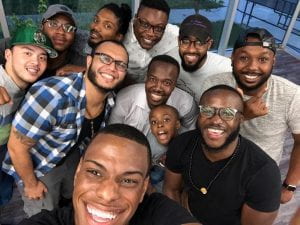
When I attended UMass Boston as an undergraduate student, I was introduced to a young men’s group called Ambitious Men Engaged in Necessary Dialogue (AMEND).
I have been involved with AMEND since February 2014 when I attended my first event and met the founding brother of the group, Manny Monteiro.
Manny is a UMass Boston alum who, as an undergraduate, worked as a Peer Mentor for the Success Boston Initiative. While serving in this capacity, Manny felt there was more he could do in order to impact the lives of others and to give back to his community. With the help and support of former Success Boston Initiative Coordinator Liliana Mickle and Manny’s other mentors, advisors, and success coaches, his vision became a reality and AMEND was formed.
AMEND has been encouraging men to engage in necessary dialogue since November 2012 with its first ever session. Manny’s inspiration for creating AMEND was due to experiences in his life where he felt he was lacking masculine love, a desire of finding connections with other male figures, and to create a safe space for men to talk about topics and interact with each other in a way that might be seen as “unmanly” in some spaces.
Redefining masculinity in an age of toxicity
Many men might have been taught that it is “unmanly” to express emotions or to talk about their feelings. AMEND provides an opportunity for men to do exactly this – while learning, growing, and healing with each other in community. Manny succinctly summarizes what AMEND does with the acronym RICH BROS: Reflect, Inspire, Create and Heal (RICH) through Brotherhood Builds, Retreats, Outings and Sessions (BROS).
Some of the topics discussed during AMEND sessions included “Perceptions of a Woman,” “Define your Struggle,” “Masculinity,” “Social Justice,” and “Education.”
Many of these topics touch upon values of UMass Boston’s Transnational Cultural and Community Studies program, the graduate program in which I am enrolled. A matter of fact, one of Manny’s advisors is TCCS core faculty member Aminah Pilgrim.
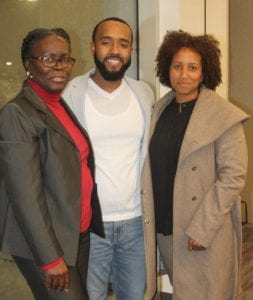
As a part of AMEND, I was able to join a group of brothers who all share love for each other. I remember the first meeting I attended: I felt so drawn in because of the passion and enthusiasm of AMEND members and other event attendees for the topics discussed, and how everyone wanted to learn and grow as a group. I loved the atmosphere of the space and how the people who attended wanted to establish a community with each other.
One of my favorite AMEND sessions was called, “What’s your why?” During this session, we talked about our goals and future aspirations. Within the conversation, other brothers and myself talked about our dream-careers and what’s holding us back. As a group of predominantly young men of color, some of the barriers and roadblocks revolve around race, ethnicity, and gender. It was great to hear others’ aspirations despite what is perceived to be holding others back. In spite of these obstacles, I really admire everyone’s determination to achieve what they set out to accomplish.
As a group of predominantly young men of color, some of the barriers and roadblocks revolve around race, ethnicity, and gender.
I’ve also participated in sessions on the topic of fatherhood. We talked about fatherhood in a way that disputes gender norms. We resisted the idea that fathers are the ones who have to be “manly.” We advocated that it is OK for fathers to show love and affection with their children.
What I most appreciate about the culture of AMEND is how people are able to share ideas that go against mainstream views of how things “should” be – in masculinity, manhood, and beyond. I also appreciate how men are able to express emotions of anger, frustration, sadness, and cry. As mentioned throughout courses in the TCCS program, “the personal is political and the political is personal.”
Read Zainab Salejwala’s article, “Using a faucet is a privilege” about the Flint water crisis and human rights in America…
The emotions and experiences of the people who come to these events are real and personal. If any of the men who attends an AMEND event is overwhelmed with emotion, they are welcomed to let out any emotions they have. They are in a safe and supportive space to do so. If a person says something that goes against what society might view as how a man “should” be or how they should feel, AMEND has created a space for those men to feel comfortable sharing these experiences they might be viewed negatively in other spaces.
One of the biggest things I love about Manny and the culture he has started through AMEND is the group’s commitment to reflect, inspire, create and heal (RICH) and the commitment of learning and growing together through our retreats, outings, and sessions.
Looking ahead
For the future of AMEND, Manny has big visions. He wishes to turn AMEND into a non-profit organization and find a physical space that will further facilitate providing support to young men. He even wishes to eventually provide housing for young men with housing insecurity.
I am excited to see what happens next. Manny is man who is dedicated to giving back to the community and who enjoys helping others.
In my future with AMEND, I hope to further engage with brothers in upcoming events. I hope to incorporate the knowledge and experiences I have gained in the TCCS program thus far in future AMEND sessions as we promote learning, growing, and healing while engaging in necessary dialogue on topics such as gender, sexuality, masculinity, education, social justice, and many more.

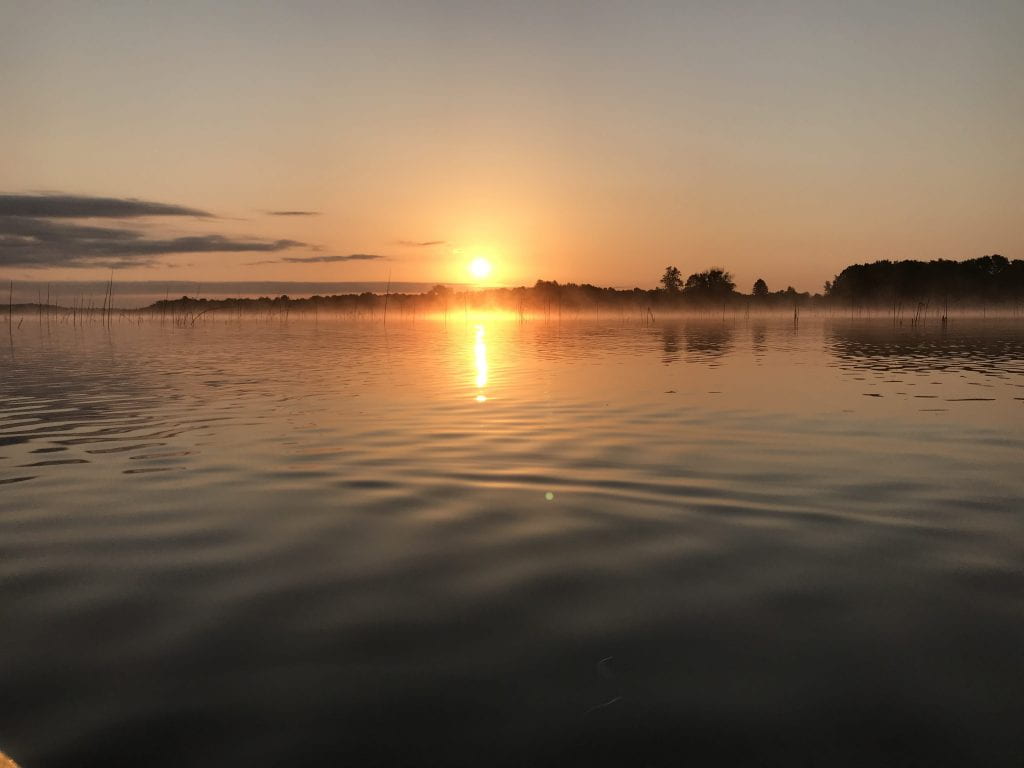
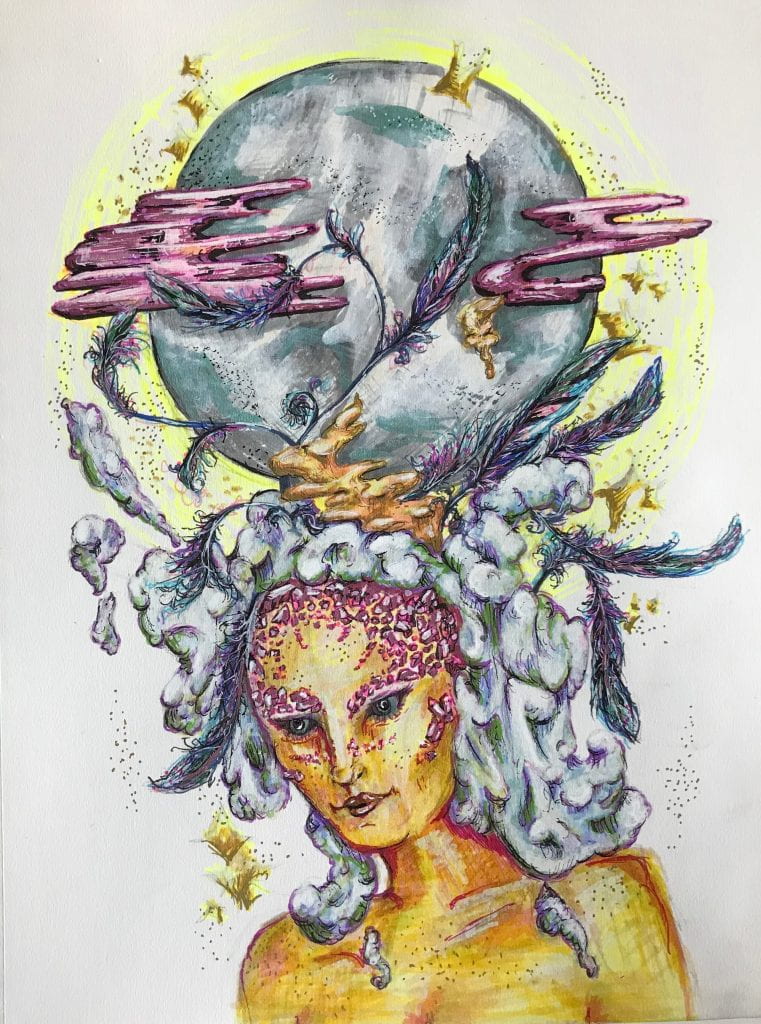
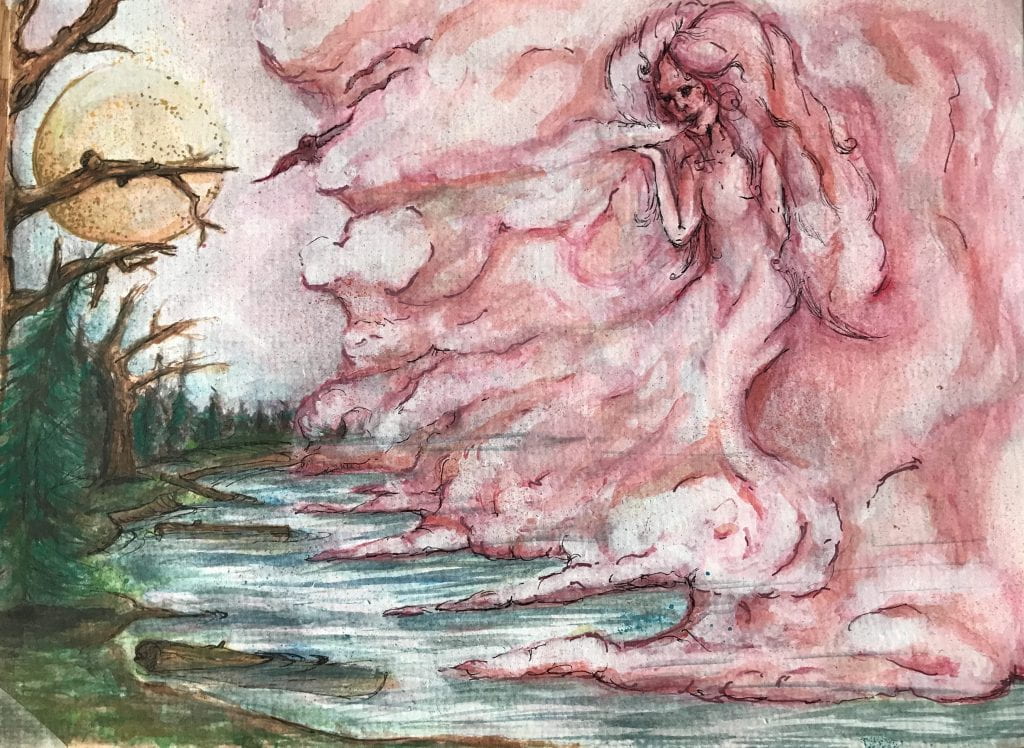
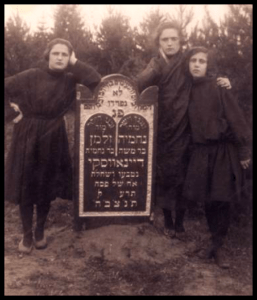
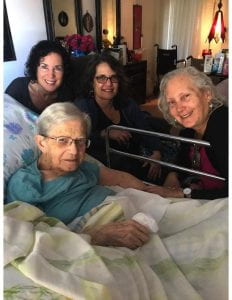
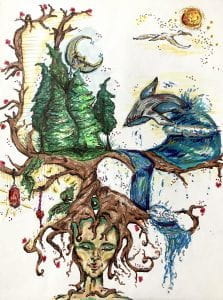

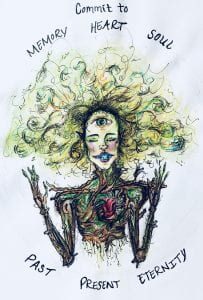


You must be logged in to post a comment.